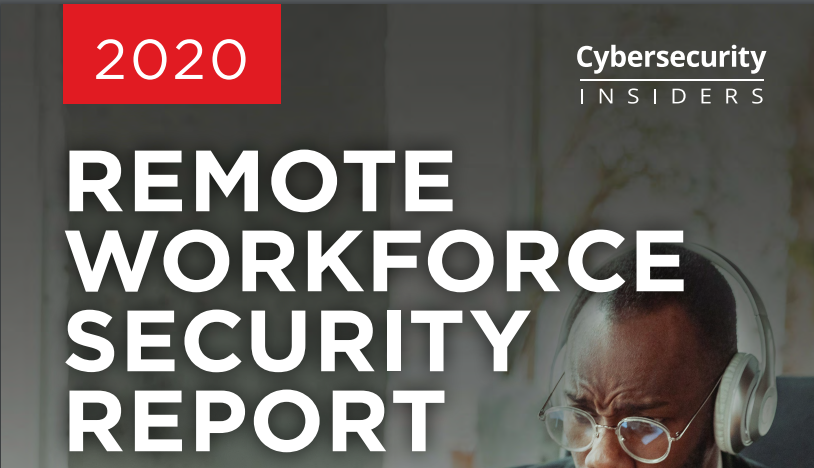 SECURITY
SECURITY
 SECURITY
SECURITY
 SECURITY
SECURITY
A new study released today says that while many companies are prepared to continue to support remote workers post COVID-19 pandemic, many are also not equipped to do so securely.
The 2020 Remote Work Report from cloud security firm Bitglass Inc. analyzes how organizations have adjusted to support remote workers amidst the COVID-19 pandemic. The idea is to understand how prepared their businesses were for the sudden shift, what actions they’re taking in cybersecurity and what their top security concerns are.
Some 84% of organizations polled for the report said that they consider it at least somewhat likely that they will continue to increase work-from-home capabilities in the future, with 44% saying that they very likely will. Of those polled, more than 75% of their workforce is currently working remotely at home, up from less than a quarter prior to the pandemic.
Now, 33% of respondents say that they’re considering making some positions that were prevously onsite permanently remote, though half say they’re not sure.
The problems come down to a lack of security when it comes to employees working from home. Some 41% of respondents said that they have not taken any steps to expand secure access for their remote workforce, and 50% cite lack of proper equipment as the biggest impediment.
Opening a Pandora’s box to security concerns, 65% of organizations said that they now enable personal devices to access managed applications, with 55% admitting doing so is a significant security risk.
On the question of what their organizations are primarily concerned about with employees working from home, 65% of respondents said securing network access was their top concern. And 55% said they were concerned about securing access to software as a service apps such as Slack with the same percentage also citing bring your own device/personal devices a concern.
On the attack front, 72% said that malware was their most concerning threat vector, while 68% said they were concerned about file sharing, 47% about web applications and 45% about videoconferencing.
While 77% of respondents use anti-malware software to secure remote workers, the use of other security measures was lacking. Some 45% said they use single sign-on, but only 18% used data loss prevention tools and just 11% employ user and entity behavior analytics.
“This research indicates that many organizations are not implementing the security measures necessary to protect their data in the current business environment,” Anurag Kahol, chief technology officer of Bitglass, said in a statement. “For example, while respondents said that the pandemic has accelerated the migration of user workflows and applications to the cloud, most are not employing cloud security solutions like single sign-on (SSO), data loss prevention, zero-trust network access or cloud access security brokers. ”
THANK YOU